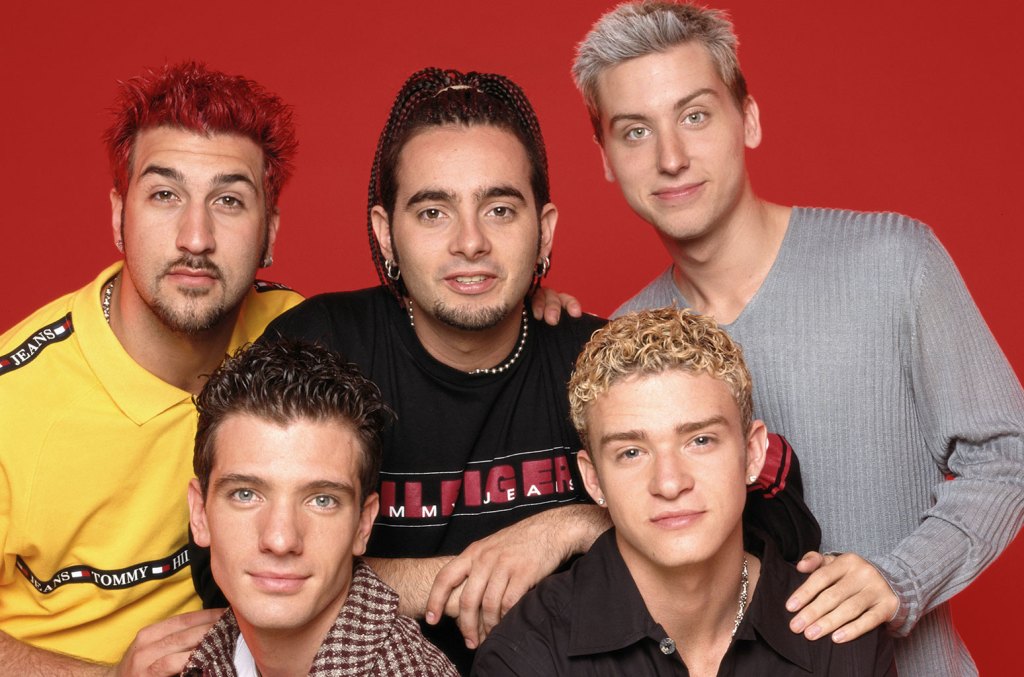
The Battle of the Boy Bands NSYNC vs. Backstreet Boys – Who Reigned Supreme?
The Battle of the Boy Bands NSYNC vs. Backstreet Boys – Who Reigned Supreme?
The late 1990s and early 2000s were a golden era for pop music, characterized by the rise of boy bands that captured the hearts of millions across the globe. Among these, NSYNC and the Backstreet Boys emerged as two of the most prominent groups, each boasting a massive dedicated fan base and a series of chart-topping hits. With their catchy melodies, coordinated dance moves, and heartthrob looks, both groups dominated the airwaves and sparked a fierce rivalry that persists to this day. But who truly reigned supreme in this cultural phenomenon? Let’s dive into the legacies of these two legendary bands.
The Rise of NSYNC
Formed in 1995, NSYNC was made up of Justin Timberlake, JC Chasez, Lance Bass, Joey Fatone, and Chris Kirkpatrick. The group quickly gained traction in the pop music scene, thanks in large part to their self-titled debut album, which featured hits like "I Want You Back" and "Tearin' Up My Heart." Their unique sound, a blend of pop and R&B influenced by their vocal harmonies, garnered them a significant following. As their popularity soared, NSYNC capitalized on their image with a plethora of merchandise that included everything from t-shirts to posters, eventually creating a dedicated market for NSYNC Merch that fans eagerly snapped up. The culmination of their success came with the release of the multi-platinum album "No Strings Attached," which included iconic tracks like "Bye Bye Bye" that resonated with fans and showcased their strong choreography.
The Backstreet Boys' Dominance
On the other side of the rivalry stood the Backstreet Boys, whose band was formed a year prior to NSYNC in 1993. Composed of AJ McLean, Howie Dorough, Nick Carter, Kevin Richardson, and Brian Littrell, the Backstreet Boys found instant fame with their debut album, "Backstreet Boys," in 1997. Their mix of pop and anthemic ballads, such as "I’ll Never Break Your Heart" and "Quit Playing Games (With My Heart)," allowed them to carve out their own niche in the boy band race. By the time they released their 1999 album "Millennium," featuring hits like "I Want It That Way," the Backstreet Boys had solidified their status as global superstars and were seen as the best-selling boy band of all time. They also embraced fan culture, offering a wide array of Backstreet Boys merch that fans proudly displayed to show their loyalty.
Fan Loyalty and Cultural Impact
Both NSYNC and the Backstreet Boys not only produced unforgettable music but also offered distinct cultural experiences for their fans. NSYNC's energetic performances and in-your-face choreography captured the young audience's attention, while the Backstreet Boys' emotional ballads appealed to those who preferred a more romantic approach. This difference in style cemented their own identities within the boy band framework. The competition between the two groups also fueled creative rivalry, with bands often pushing each other to elevate their music and performances. Fans were divided, often rooting fiercely for their favorite group, making it a classic case of “team NSYNC” vs. “team Backstreet Boys.” This friendly rivalry even spawned lighthearted banter in interviews, infusing the dynamic with fun and competition.
The Legacy of Boy Bands
Although both groups have since taken different musical directions, their impact is undeniably etched into pop culture history. Over the years, both NSYNC and the Backstreet Boys have reunited for nostalgic tours and special performances, reminding fans of the magic they once created. The boy band phenomenon gave rise to a new generation of pop performers, drawing inspiration from the sound and style of these iconic groups. Whether you were Team NSYNC or Team Backstreet Boys, it is clear that both bands have left a lasting legacy, captivating the hearts of fans around the globe. As we look back at this epic rivalry, it becomes evident that the true winners were the fans who experienced the joy these boy bands brought to the music scene.
.png)








